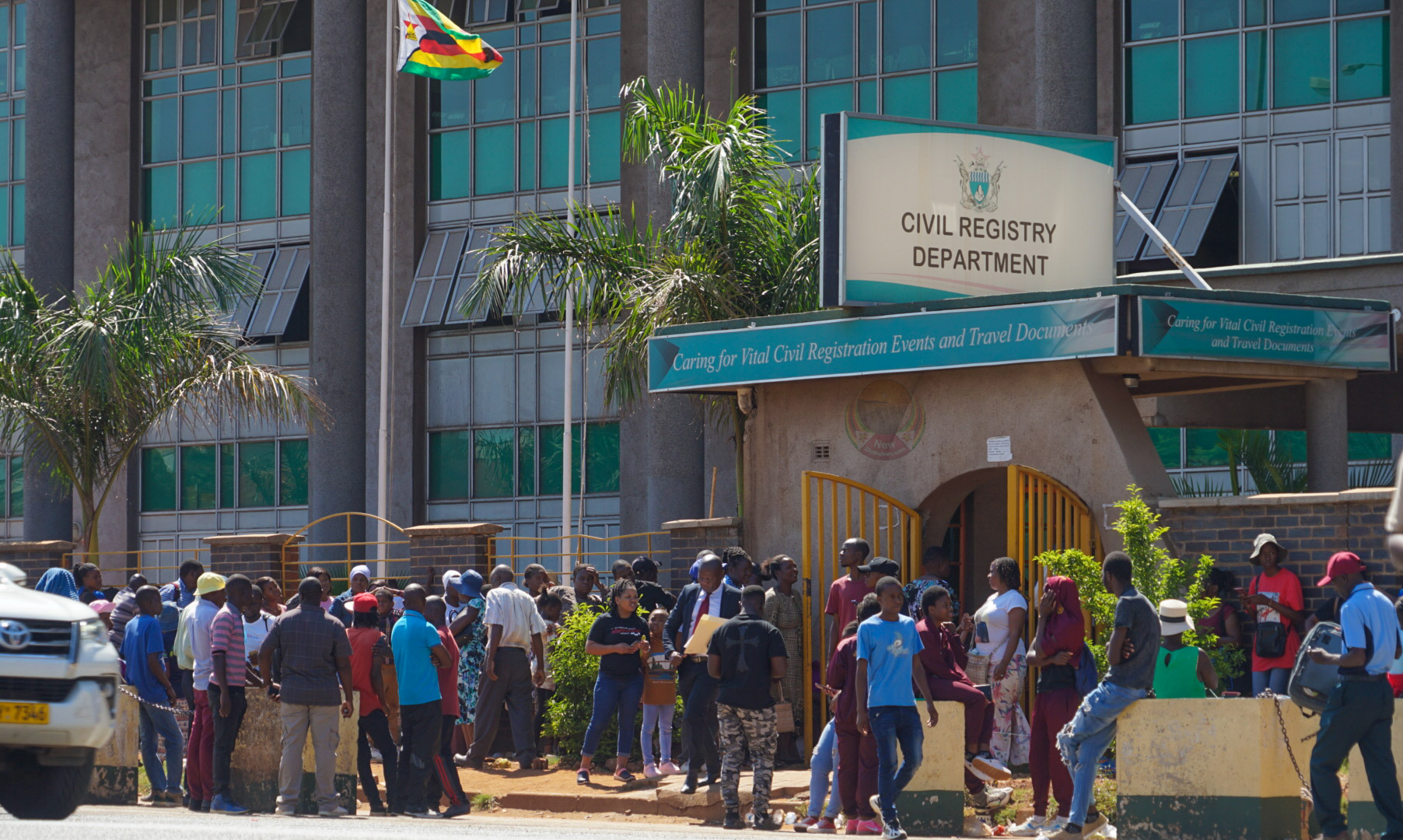Government is expected to save $100 million through substituting a significant portion of wheat imports as it forecasts to produce between 180 000 metric tonnes (MT) and 200 000 (MT), which is half the country's requirement for the cereal.
Between $80 million and $100 million will be spent on covering the deficit.
During drought years, the country spends $250 million annually on importing the cereal. However, although Government had targeted to grow 50 000 hectares of wheat by May 15, most farmers failed to meet the deadline, including he extended cut-off date of May 31.
Deputy Minister of Lands, Agriculture and Rural Resettlement Mr Davison Marapira told The Sunday Mail that a total of 20 790 hectares of wheat had been planted to date, representing half the targeted hectarage.
But land preparations and planting are still ongoing.
"Land preparation and planting is ongoing across the provinces. However, there have been delays in some areas due to farmers still harvesting their crop and shortage of combine harvesters and tillage units, as well as breakdowns of irrigation equipment," said Mr Marapira.
"This year, the country has set a target of 50 000 hectares of wheat from which farmers are anticipated to produce between 180 000 metric tonnes and 200 000 metric tonnes.
"Currently, 1 934 farmers have registered to grow a cumulative area of 43 826 hectares, 1 108 farmers have been contracted under Command Agriculture and a further 110 farmers by private sector players.
"Last year, 2 108 farmers were contracted under the Command Agriculture scheme.
"A total of 20 790 hectares of wheat have been planted to date. Last year, a total of 43 864 had been planted by the close of the planting window," he said.
The majority of the farmers that have been registered are from Mashonaland West, Mashonaland Central, Mashonaland East and Manicaland.
There was low uptake in the two Matabeleland provinces and the Midlands.
According to Mr Marapira, the country needs between $80 million and $100 million to cover the shortfalls in production.
"The country requires between 350 000 metric tonnes to 400 000 metric tonnes of wheat annually to meet domestic demand. But with Government's support, wheat farming is showing signs of improvement and such a development minimises the burden of importing huge quantities of wheat to meet the domestic needs of the cereal.
"Wheat imports are estimated to be around 200 000 metric tonnes to 250 000 metric tonnes due to improved production and an increase in area planted, and given that the country anticipates production of around 200 000 metric tonnes, it means it will only import the balance at an estimated cost of $80 million to $100 million," he said.
Government has come up with elaborate input support programmes to boost agriculture production in order to guarantee food security and cut the country's import bill.
Part of the exercise is to rehabilitate the country's irrigation infrastructure.
"In previous years, wheat farming faced several challenges from lack of Government support, a thing that has been addressed by the current administration, which saw the introduction of the Command Wheat Programme. Such a programme will go a long way in assisting Government's move to regain the status of being the breadbasket of Southern Africa. Also, the country received poor rains in 2016 which, to some extent, had a negative impact on the crop," said Mr Marapira.
"Government has embarked on a major programme to support the resuscitation and installation of irrigation facilities in the country. To date, a number of irrigation schemes have been rehabilitated and in some commercial A2 farms, centre pivots have been installed across the country with assistance and loan agreements between the Government and friendly countries such as Brazil (under the More Food for Africa scheme), Belarus, Italy and Kuwait, to name but just a few.
"There has also been a drive to provide agricultural equipment such as tractors, ploughs and planters to farmers, which are also tied to some of these agreements," he said.
- zimpapers
 How one woman changed Chiwenga's image without even trying
How one woman changed Chiwenga's image without even trying  South African ambassador falls to death from Paris hotel room
South African ambassador falls to death from Paris hotel room  India dumps US Treasury bills
India dumps US Treasury bills  ZSE and VFEX recover after weak 1st half
ZSE and VFEX recover after weak 1st half  Gold edges up as traders await guidance
Gold edges up as traders await guidance  Unifreight reports 231% revenue growth
Unifreight reports 231% revenue growth  Young Investment Professional (YIP) Graduate Programme 2019
Young Investment Professional (YIP) Graduate Programme 2019 







.png)


 Young Investment Professional (YIP) Graduate Programme 2019
Young Investment Professional (YIP) Graduate Programme 2019
Editor's Pick